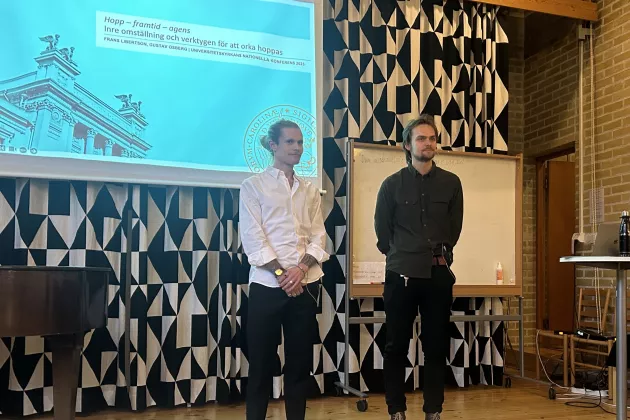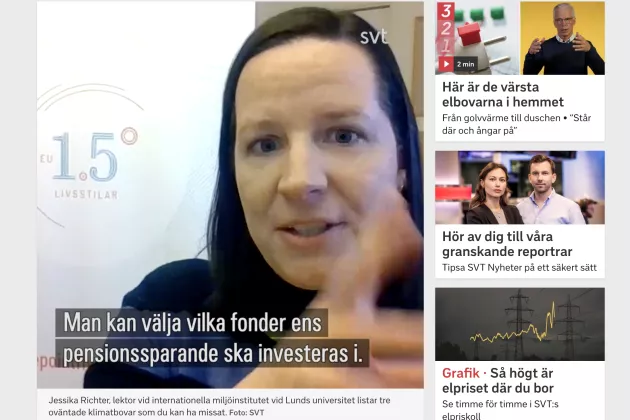The study delves into citizens' inner lives and their potential to drive collective transformation and system change processes. Titled "Toward a post-carbon Society: Supporting Agency for Collaborative Climate Action," it explores how citizens perceive and address climate change on an everyday level, what motivates them to take action, and how they envision potential future transformation pathways.
Employing a combined SenseMaker and Grounded Theory methodology, the researchers analyse the perspectives of citizens. One key finding highlights the disconnect between the prevailing materialistic growth paradigm and motivation for engagement in sustainability transformations. Instead, the study suggests that intrinsic motivation, rooted in values like care and community, plays a crucial role in driving meaningful action, which finds parallels in post- and degrowth research.
Moreover, the research emphasises the significance of agency—both individual and collective—in sustaining engagement over time. It argues that empowering citizens requires challenging existing societal and systemic values that contribute to today's crises. By fostering conditions conducive to the emergence of new social paradigms, policymakers and practitioners can help pave the way for effective climate action.
For more information about the study, access the full article (open access).





